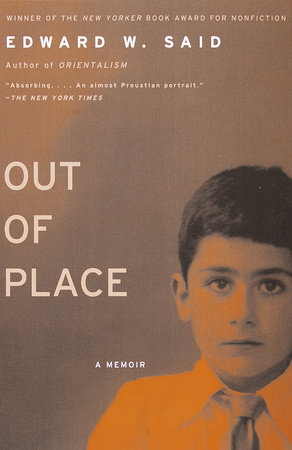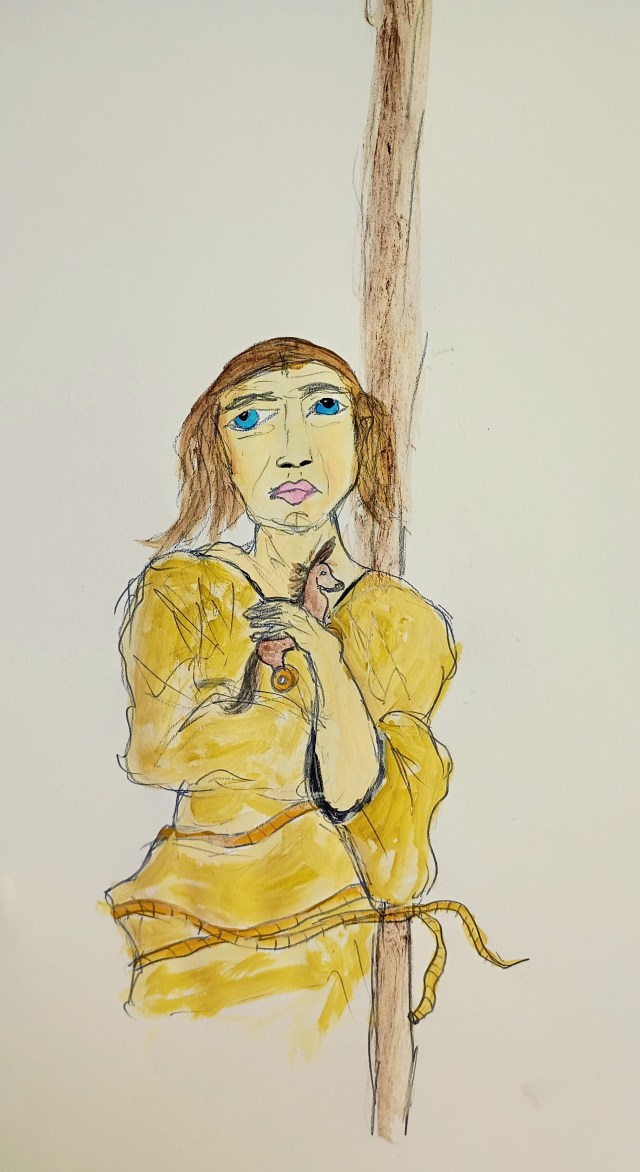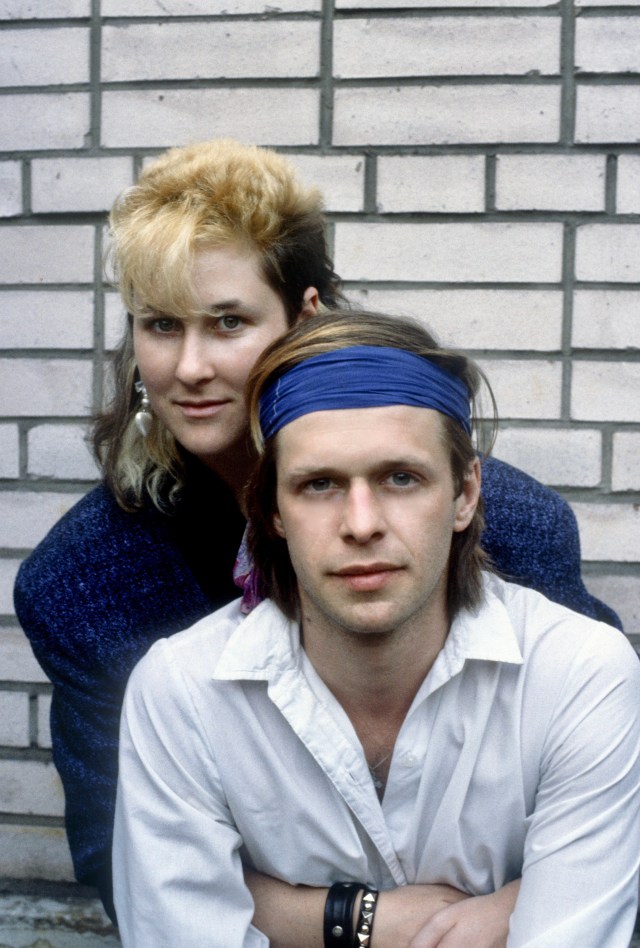By Alessandro Columbu
Although first published in 1999, Edward W. Said’s Out of Place feels uncannily contemporary. Said’s prose retains a clarity and ethical attentiveness, a book whose voice continues to speak in an extraordinary eloquent tone, directly to the present. The book is at once a personal testimony and a reckoning with memory, language(s), family, and formation.









